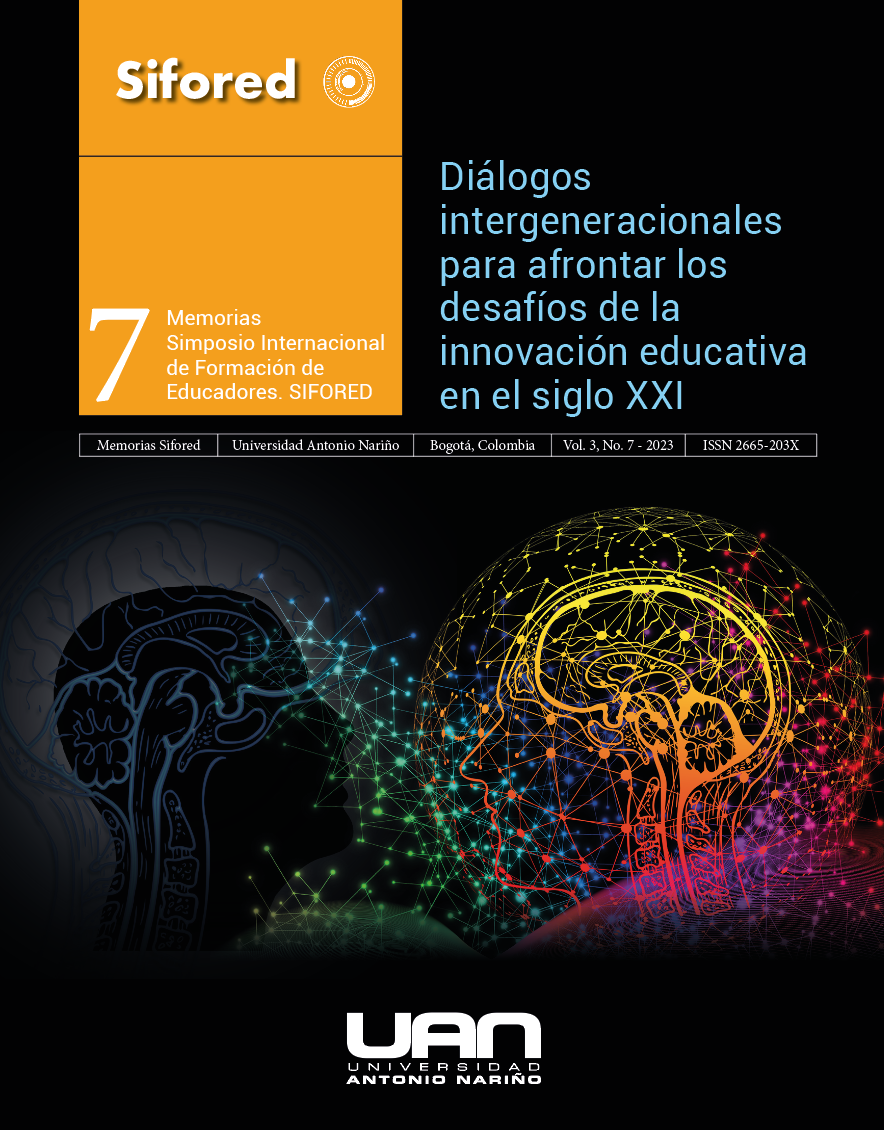Enseñanza de la lengua extranjera en Colombia: Un análisis y reflexión de las políticas, decretos y documentos de interés.
Keywords:
challenges of education, Educational policy, Bilingual education, teacher qualificationAbstract
The teaching of a foreign language in Colombia was regulated by the General Education Law of 1994, since then the government has implemented different strategies, decrees, public policies, and documents that aim to serve as regulations and guidelines for teaching and learning processes focused on the development of communicative competence in English as a foreign language. This article aims to make a review and analysis of the basic standards of English competencies, the basic rights of English learning, the national bilingualism plan, the law 1651 of 2013 and 4 research articles related to the subject, in the cities: Bogota, Medellin and Cali. With the objective of verifying how these policies and decrees are reflected in the institutions and if they are in accordance with the educational reality and the needs of the students. It is evident that although there is interest in the area and it is reflected in the efforts of the government and the different educational actors, there are still shortcomings that we must focus on to make this type of project a reality.
Downloads
References
Cárdenas, R., & Miranda, N. (2014). Implementación del Programa Nacional de Bilingüismo en Colombia: un balance intermedio. Educación y Educadores, 17(1), 51-67
Congreso de la República (2013). Ley 1651, por medio de la cual se modifican los artículos 13, 20, 21, 22, 30 y 38 de la Ley 115 de 1994 y se dictan otras disposiciones-Ley de bilingüismo. Recuperado de http://wsp.presidencia.gov.co/Normativa/Leyes/Documents/2013/LEY%201651%20DEL%20 12%20DE%20JULIO%20DE%202013.pdf
Fandiño-Parra, Y. J., Bermúdez-Jiménez, J. R., & Lugo-Vásquez, V. E. (2012). Retos del Programa Nacional de Bilingüismo: Colombia Bilingüe. Educación y educadores, 15(3), 363-381
Instituto Colombiano para el Fomento de la Educación Superior (ICFES) (2022). Informe nacional de resultados del examen Saber 11. Bogotá D.C.: ICFES.
Ministerio de Educación Nacional, MEN (2016) Derechos básicos de aprendizaje del inglés para transición y primaria. Recuperado de: https://www.englishtimevalle2020.com/wp-content/uploads/2020/10/DBA-TRANSICIO%CC%81N-Y-PRIMARIA.pdf
Ministerio de Educación Nacional, MEN (2016) Derechos básicos de aprendizaje del inglés de 6° a 11°. Recuperado de: https://santillanaplus.com.co/pdf/DBA-ingles-espanol.pdf ,
Ministerio de Educación Nacional, MEN (2006). Estándares Básicos de Competencias en Lenguas Extranjeras: inglés. Recuperado de: https://santillanaplus.com.co/pdf/estandares-basicos-de-competencias.pdf
Patarroyo, L. M. M. (2011). La enseñanza del inglés en tiempos del plan nacional de bilingüismo en algunas instituciones públicas: Factores lingüísticos y pedagógicos. Colombian applied linguistics journal, 13(2), 74-87
Pinzón, M. M. L., & Vélez, M. A. (2021). Enseñanza-aprendizaje del inglés bajo las políticas del Ministerio de Educación en Colombia: voces desde el aula de clase efl. Revista Boletín Redipe, 10(12), 200-215
Roldán, Á. M., & Peláez, O. A. (2017). Pertinencia de las políticas de enseñanza del inglés en una zona rural de Colombia: un estudio de caso en Antioquia. Íkala, revista de lenguaje y cultura, 22(1),
Downloads
Published
-
Abstract2871
-
PDF (Español)492
How to Cite
Issue
Section
License

This work is licensed under a Creative Commons Attribution-NonCommercial-ShareAlike 4.0 International License.


 Portal de Ciencia Abierta
Portal de Ciencia Abierta